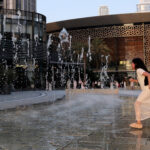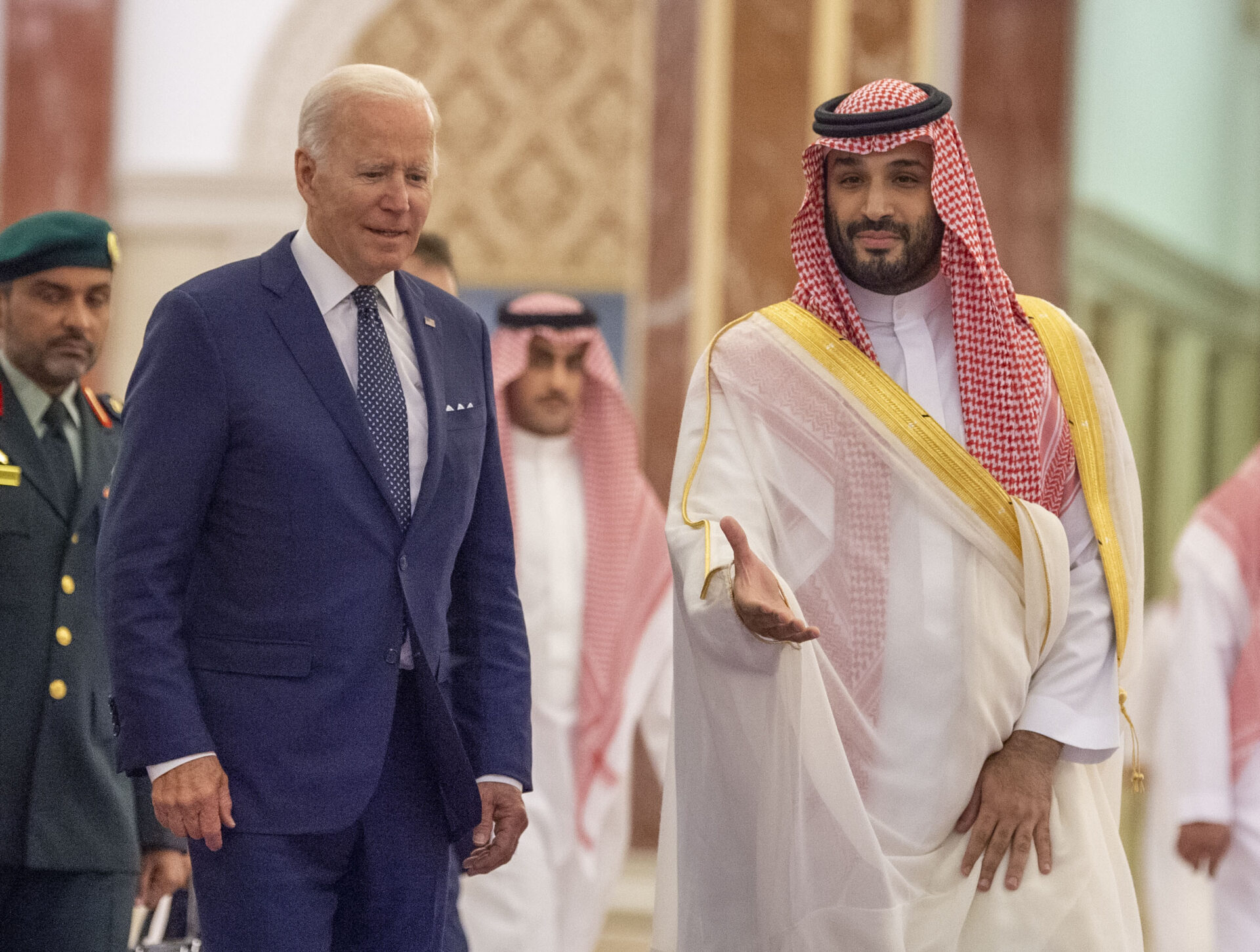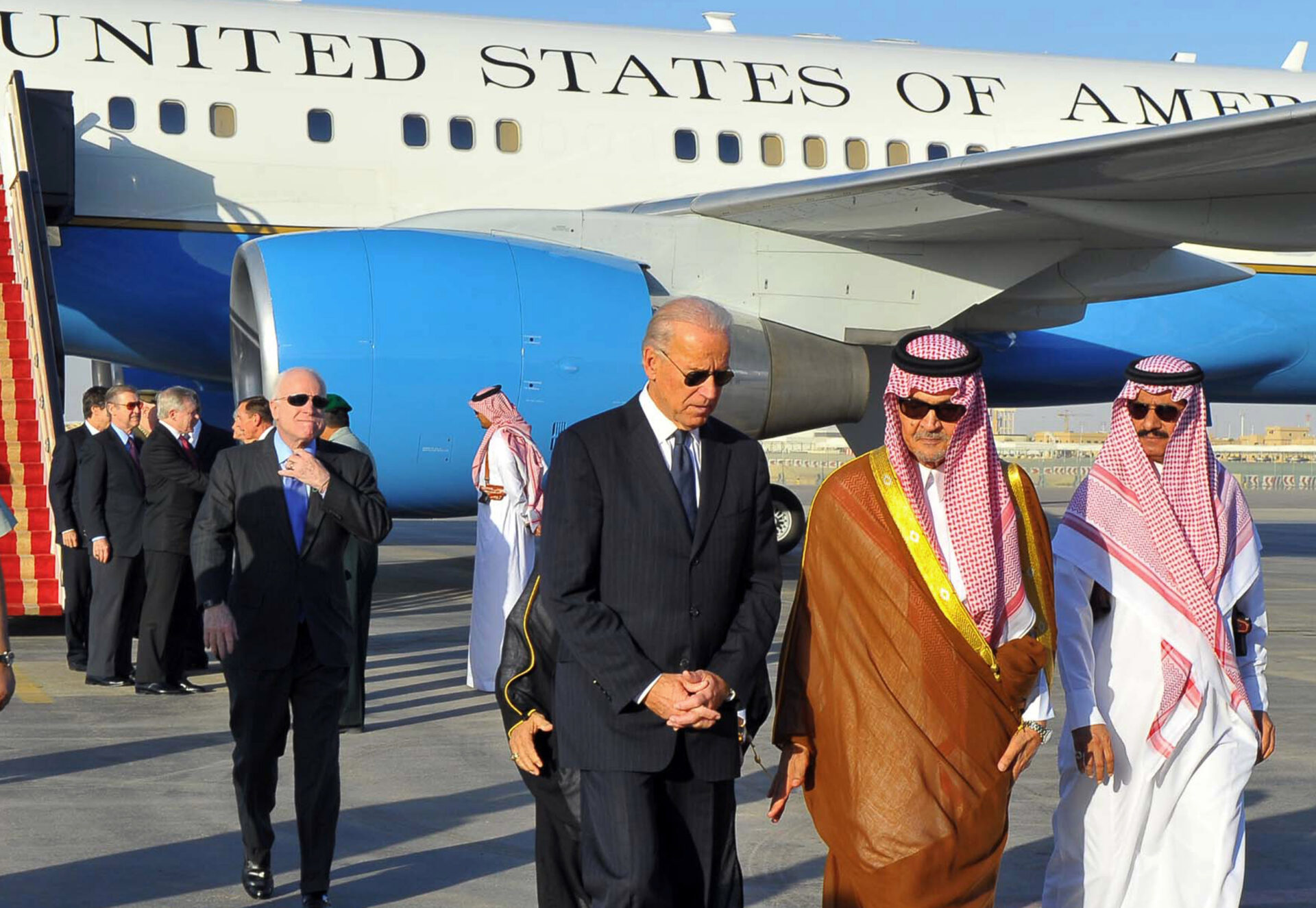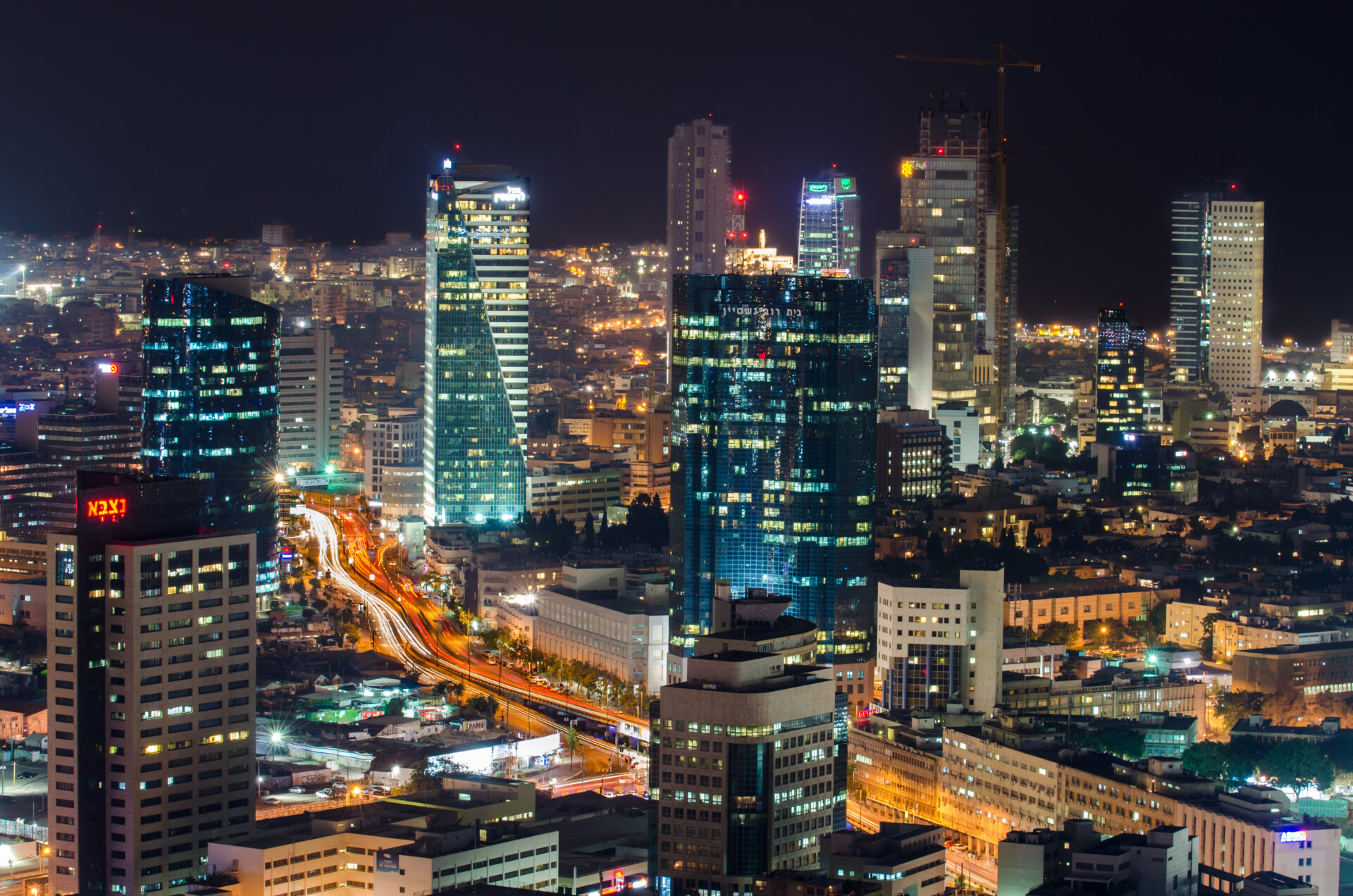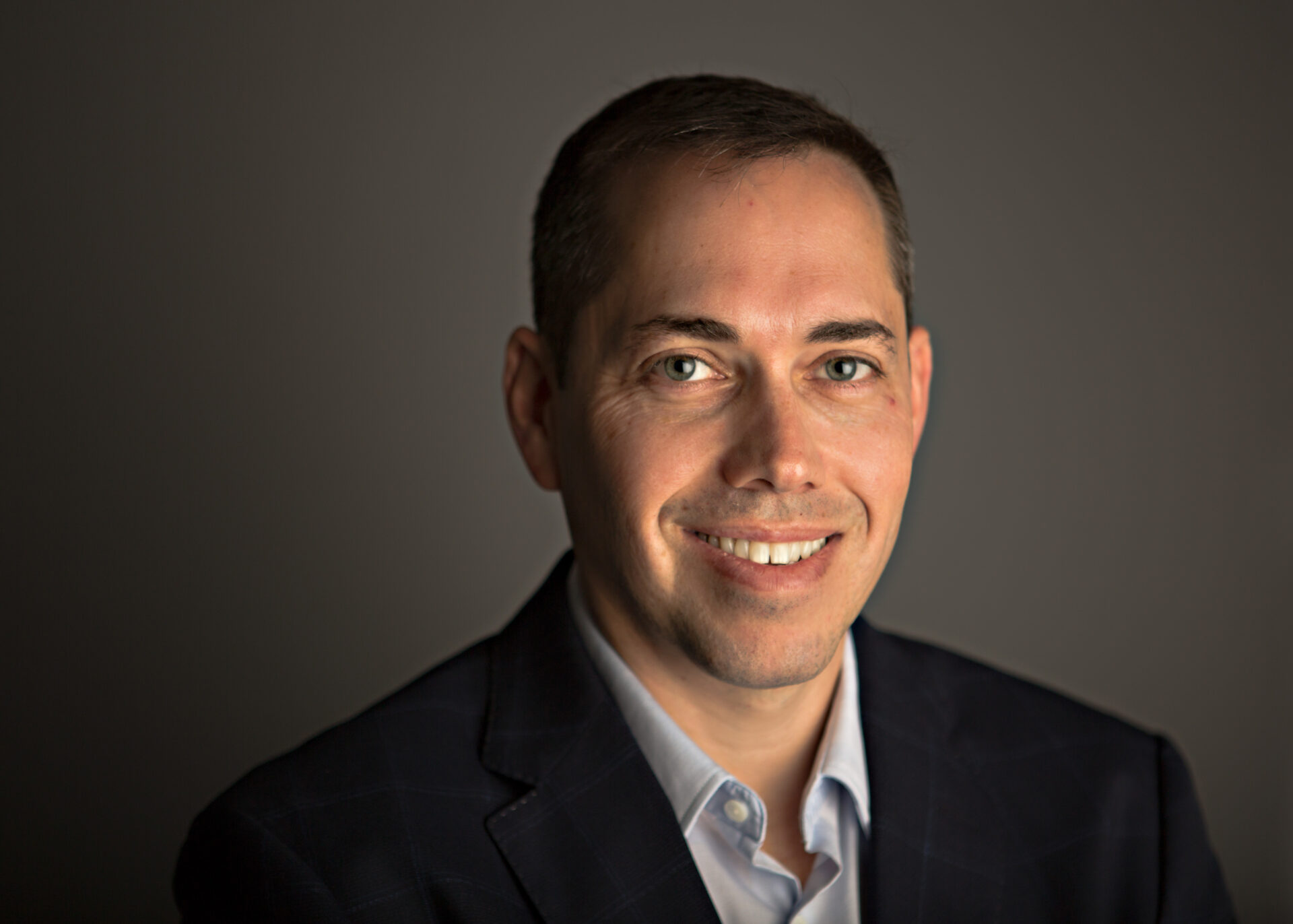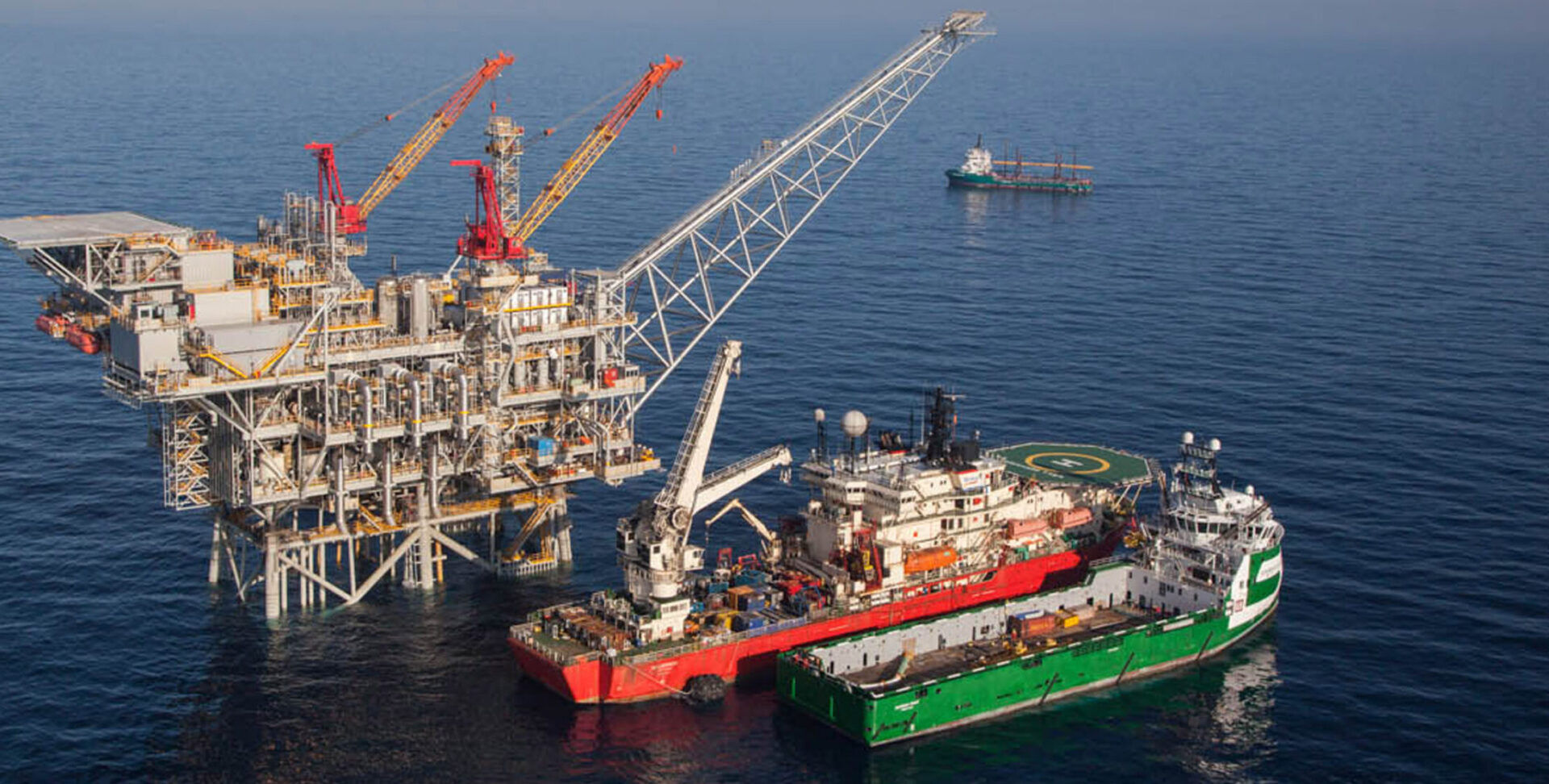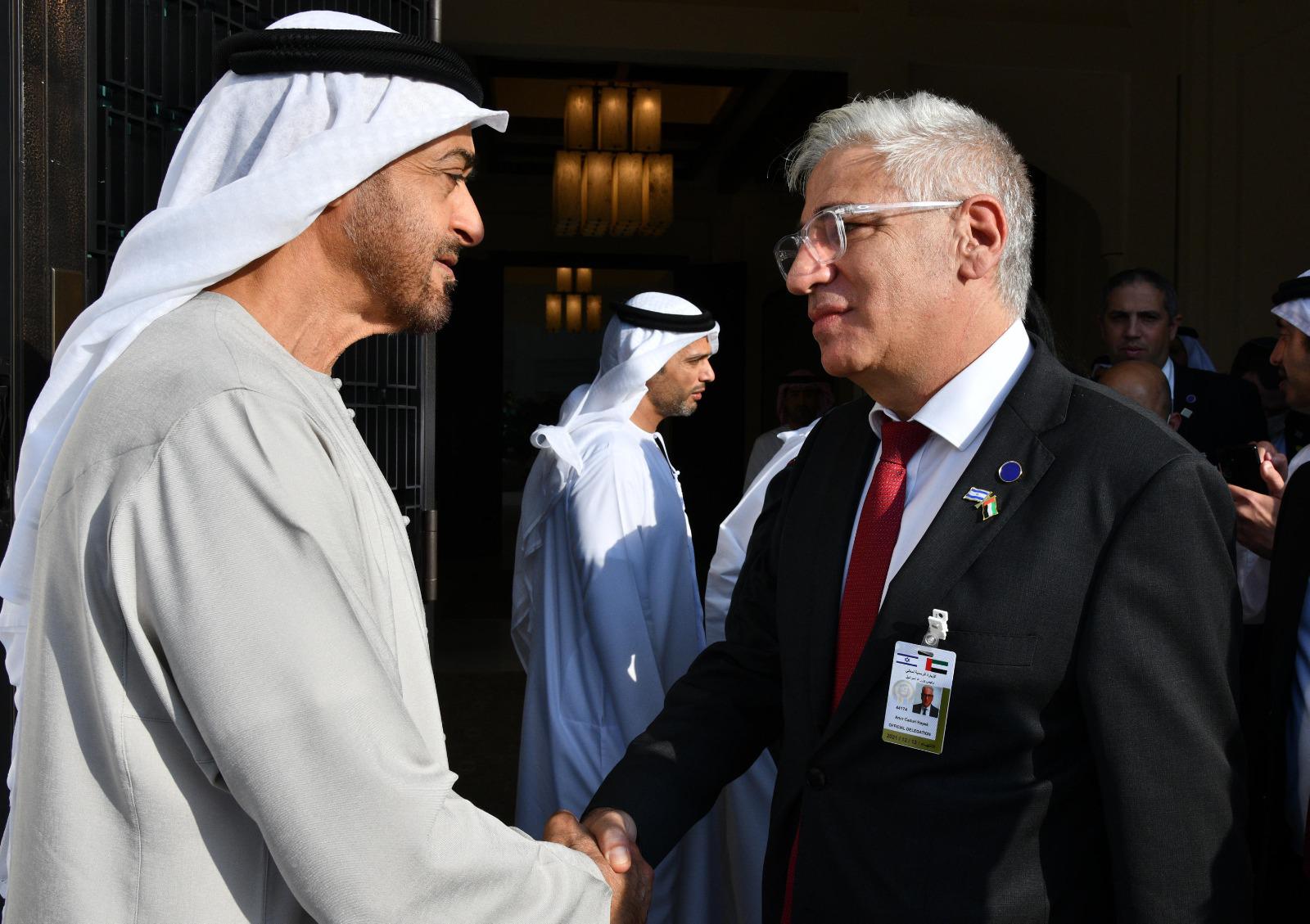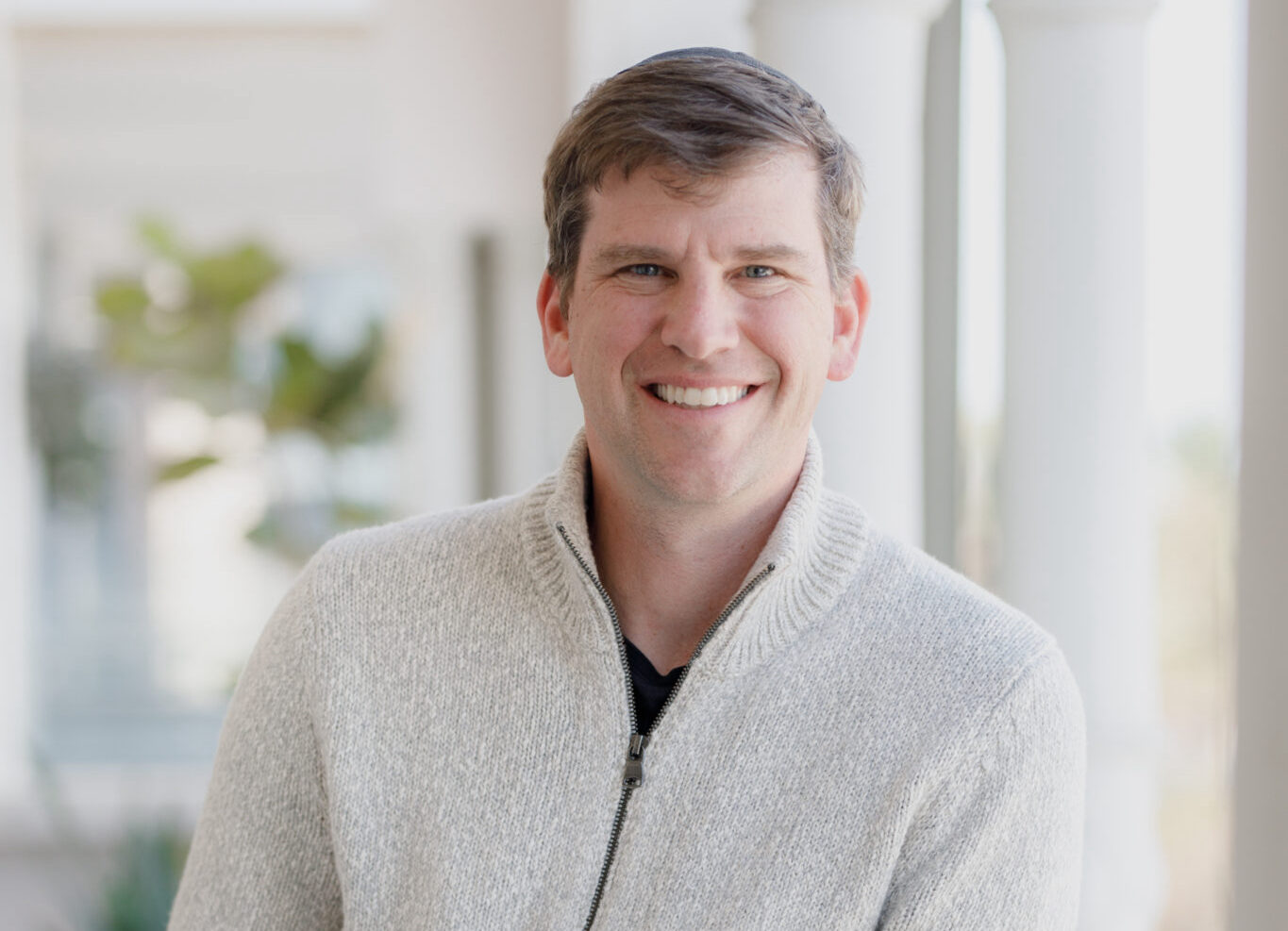👋 Good Monday morning in the Middle East!
President Joe Biden’s principal achievement in his four-day odyssey through the region may have been simply showing up. Guaranteed a dour reception in Saudi Arabia because of his confrontational stance to Crown Prince Mohammed bin Salman over the murder of journalist Jamal Khashoggi, the 79-year-old U.S. leader stuck to his agenda. That included trying to coax the Gulf states to increase oil production and discouraging them from consorting with China and Russia. The president even came up with the novel diplomatic tool of a fist-bump to keep some distance from the mercurial Saudi prince, though, back home, he was criticized for the gesture anyway.
What Biden took back with him to Washington, though, were some notable achievements, including a deal to build a 5G telecommunications network in Saudi Arabia as an alternative to the one being built by China’s Huawei. He secured the opening up of Saudi airspace to Israeli commercial flights and oversaw the signing of new contracts between Saudi and U.S. companies, including one with the Israeli-American renewable energy business, SolarEdge, as The Circuit’s Jonathan Ferziger reports below.
Saudi officials denied that any of the agreements involving Israel were steps toward normalization akin to the U.S.-brokered Abraham Accords that neighboring Bahrain and the United Arab Emirates signed in 2020. Still, Biden said he would continue to push for the Jewish state’s further integration into the Arab Middle East.
“It moves things forward a little bit,” Joshua Teitelbaum, a Middle East historian at Israel’s Bar Ilan University and an authority on relations with the Gulf, told The Circuit. “The Saudis are being very careful about doling out these steps in relations with Israel.” Added Emirati analyst Abdulkhaleq Abdulla, speaking to The Circuit’s Rebecca Anne Proctor: “It is good that he made it to the Middle East finally. [Biden] said one thing that resonated well, that ‘we are not going to turn our back to this region, and we are not going to leave it to others, meaning China and Russia.”
The Saudi moves were greeted positively by Jerusalem Deputy Mayor Fleur Hassan-Nahoum, a co-founder of the UAE-Israel Business Council. “The small steps to normalization that we have seen this week, where Saudi Arabia has said Israel can fly over our airspace, may seem small, but this is very significant,” she told The Circuit. Nir Boms, a research fellow at Tel Aviv University’s Moshe Dayan Center for Middle Eastern and African Studies, warned against a binary view of the normalization question. “I can tell you that a lot is going on between Israel and Saudi that is positive,” he said. “The Saudis have said that they want to see additional progress but the fact that they are engaging and are allowing some different measures of progress is extremely positive.”
While in Israel, Biden signed a joint declaration with Prime Minister Yair Lapid in which the U.S. vowed to use “all elements in its national power” to prevent Iran from obtaining nuclear weapons. Biden also pledged $100 million in U.S. aid to Palestinian hospitals in East Jerusalem, which fell far short of Palestinian Authority President Mahmoud Abbas’s appeal that he restore other funds stripped away by the Trump administration and that he work harder to get negotiations with Israel for a two-state solution back on track.
Welcome to The Weekly Circuit, where we cover the Middle East through a business and cultural lens. Read on for the stories, deals and players at the top of the news. Please send comments and story tips to [email protected].
Product of Jeddah
Israeli-American SolarEdge emerges with Saudi deal after Biden trip
SolarEdge Technologies, one of the biggest Israeli-American companies trading on Wall Street, became an early beneficiary of President Joe Biden’s Middle East trip when it signed an agreement with Saudi investment company Ajlan & Bros., The Circuit has learned. SolarEdge, which is based in Herzliya, Israel, and has a North American headquarters in Milpitas, Calif., was among 13 companies from the U.S. that emerged with new agreements after Biden’s July 15-16 visit to Saudi Arabia, the Saudi Ministry of Investment said in a statement. The ministry did not acknowledge SolarEdge’s Israeli roots.
The company, led by Chief Executive Officer Zvi Lando, produces solar inverters, which manage photovoltaic cells to make renewable energy more efficient. Its shares on Nasdaq have tripled since 2020, giving the company a market value of $14.7 billion. It last traded at $265.85 a share and has declined 5.9 percent since the end of last year. Ali Al-Hazmi, chief executive officer of Ajlan and its Abilitii investment unit, said in a statement that the deal with SolarEdge was one of three agreements his company concluded with American businesses.
Israel and Saudi Arabia do not have diplomatic relations and their citizens are generally barred from each other’s territory unless they have second passports issued by other countries. Several Israeli companies have managed to operate in Saudi Arabia through subsidiaries registered in other countries.
Biden had said his trip would push forward the process of normalizing relations between Israel and Saudi Arabia, citing an agreement enabling Israeli flights to overfly the vast desert kingdom, saving time and costs to destinations in Asia. Saudi Foreign Minister Prince Faisal bin Farhan described the flight decision as a gesture unconnected to normalization and said at a news conference in Jeddah on Saturday that closer ties require agreement on a two-state solution for the Israeli-Palestinian conflict.
Read the full story here.
Tech Studio
AnD Ventures grooms Israeli start-ups as cash for new businesses gets tougher to find
When Lee Moser and Roy Geva Glasberg, co-founders of AnD Ventures, went scouting for promising start-ups two years ago, they invited students from a small college north of Tel Aviv to come to them with business ideas. Among the budding Israeli entrepreneurs they met through the Interdisciplinary Center Herzliya, now known as Reichman University, were Asaf and Omri Granit. The two brothers needed funding for an e-sports company that helped players analyze their performance on the screen and send their favorite moves to friends. Over the next six months, Moser and Glasberg said they provided the Granit brothers with office space to develop the company, Edge Gaming, and worked with the duo on business fundamentals.
Since then, Edge has raised $42 million, built a team of 35 employees and opened offices in Israel, New York and Los Angeles. “These brothers were just amazing,” Glasberg said. “This is a company that jumped from a $4.2 million valuation to more than $105 million within a year and two months from when they started.” It’s that kind of Cinderella story that propelled Moser and Glasberg to mold their firm into an incubator for early stage startups, providing guidance on hiring senior executives, business development and promotion to founders who have a promising concept.
In their portfolio are companies that include Onebeat, which develops logistics software for retailers; Connected Insurance, which provides coverage for e-scooters and other unconventional markets; and Ovio, a virtual currency exchange for gaming. AnD’s new headquarters in Herzliya, one of the main hubs for Israel’s tech industry on the Mediterranean shore, provides office space in its “Studio” area for companies while they mature.
Part of the challenge now is to help the young companies in their investment portfolio ride out the current financial slowdown that has pinched investment and forced many companies to start chopping expenses. “We’re trying to make sure they’ve got enough fuel to run longer than expected,” Glasberg said.
Read the full story here.
Circuit Chatter
Crude Demand: The Organization of Petroleum Exporting Countries (OPEC) said it expects demand from crude oil to exceed supply in 2023 by about a million barrels per day.
Crypto Crash: Celsius Networks, the U.S.-Israeli cryptocurrency company that triggered a broad industry sell-off last month, filed for bankruptcy protection.
Port for Sale: India’s Adani Ports and Israel’s Gadot Chemical Terminals won a tender to buy government-owned Haifa Port for 4.1 billion shekels ($1.2 billion.)
Funding Drops: Fundraising for Israeli startups dropped to $4.1 billion in the second quarter of 2022, a 27% decline from the first quarter and a 50% slide from the fourth quarter of 2021.
Pilgrim Trail: Saudi Railways said it transported more than 1.3 million pilgrims to Muslim holy sites during the recent hajj season.
African Acquisition: Dubai’s DP World said its Imperial Logistics unit acquired a controlling stake in Nigeria’s Africa FMCG Distribution.
Hold Off: Mobileye, the Israeli autonomous driving developer owned by Intel, is postponing plans for a Wall Street IPO because of the current difficult market conditions.
Closing Circuit
Valued Apps: San Francisco-based Unity Software agreed to buy Israel’s IronSource app monetization company for $4.4 billion in stock.
Up Your Game: Edge Gaming, an Israeli e-sports company, raised $30 million in Series A funding, led by Corner Ventures, with participation by AnD Ventures, Stardom Ventures and Playtika.
Health Gadgets: Medtronic, the Dublin-based maker of medical devices, signed a $585 million, five-year option to buy Israel’s CathWorks, a non-invasive alternative to catheters.
Dorm Space: Bahrain’s GFH Financial Group and a U.S. unit acquired student housing centers in Texas, Michigan and Missouri, in a deal worth $300 million.
Making Videos: Clearhaven Partners, Boston-based private equity firm, is acquiring control of Israeli video creation SundaySky for $100 million. SundaySky said it plans to lay off 24 employees.
Egypt Snacks: Abu Dhabi food and beverage manufacturer Agthia acquired a 60% stake in Egypt’s Auf Group, a maker of coffee and healthy snacks.
Reading & Writing: Israel’s AI21 Labs, which uses artificial intelligence to help people produce written content, raised $64 million in a Series B funding round led by Ahren Innovation Capital Fund.
New Insights: Deci, an Israeli deep-learning platform, raised $25 million in Series B funding, led by Insight Partners.
On the Circuit
Lt. Gen. Aviv Kochavi, chief of staff of the Israel Defense Forces, will make an official visit to Morocco, the first by the country’s top military commander. Morocco signed the Abraham Accords with Israel in December 2020.
Sheikh Ahmed bin Saeed was appointed chairman of the Expo City Dubai Authority, which will oversee development of Dubai Expo 2020’s site as a new business and residential center.
Ambassador Houda Nonoo, Bahrain’s former envoy to the U.S. and the only Jewish ambassador of any Arab country, announced her retirement from the Bahraini Ministry of Foreign Affairs after 14 years of service.
Ahead on the Circuit
July 19, Nazareth Conference on Arab Society in Israel. Bank of Israel Governor Amir Yaron appears with Arab business and government leaders. Golden Crown Hotel.
July 26, Jerusalem: Israel Elections Forum: President Isaac Herzog, leaders of Israeli political parties discuss national elections scheduled for November. Hosted by Channel 13 News. Jerusalem International Convention Center.
July 27-28, Dubai: Global Vertical Farming Show. Businesses in agriculture, construction, water technology and other industries from around the world meet for a two-day conference. Hotel Conrad, Dubai.
Circuit Culture
Israel’s 39th Jerusalem Film Festival kicks off this week with a screening of Swedish director Ruben Östlund’s social satire “Triangle of Silence,” which won the Palme d’Or prize at the Cannes film festival in France. Östlund will attend the July 21 screening. Among other films being shown are French director Yvan Attal’s “The Accusation,” starring his partner Charlotte Gainsbourg, who will also be in attendance; David Cronenberg’s “Crimes of the Future”; and “Hallelujah: Leonard Cohen, A Journey, A Song,” directed by Dan Geller and Dayna Goldfine. The festival runs through July 31 at the Jerusalem Cinematheque.












